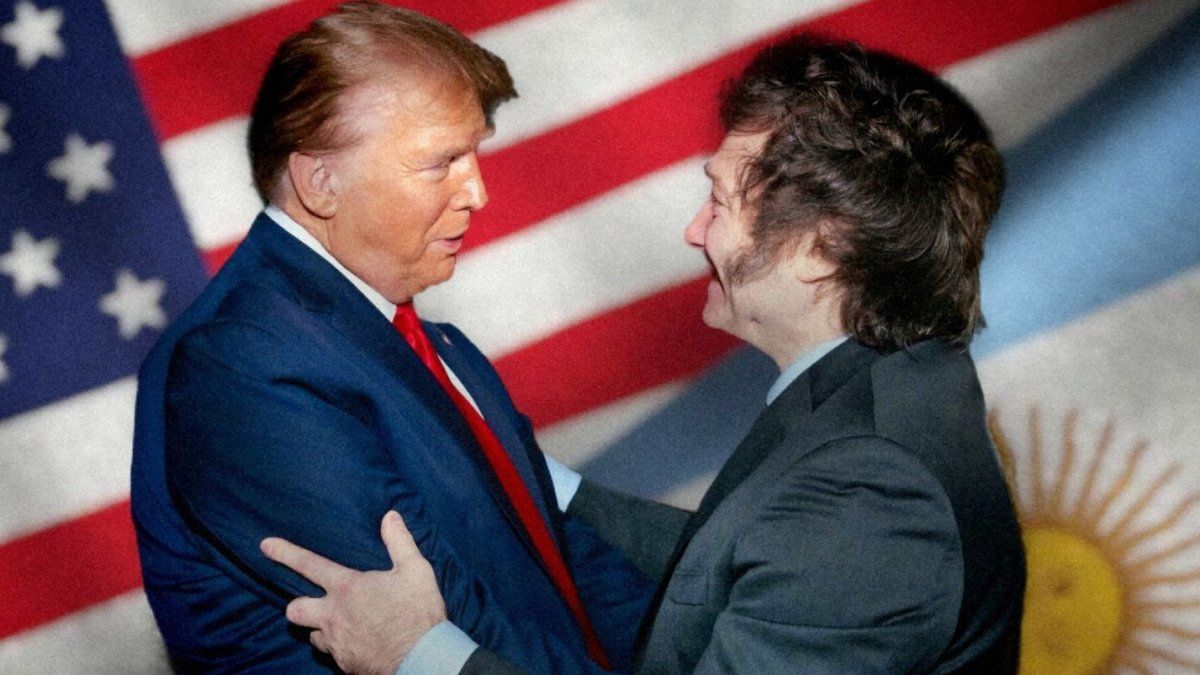At the center of his observations is the appreciation of the Argentine peso, which has been classified as the currency with the greatest global growth during 2024, a phenomenon that Brooks considers it unsustainable in the current macroeconomic context.
Through his account on
“If the new US administration imposes heavy tariffs on China, a wave of devaluations will be unleashed across emerging markets.” In a message that seemed to point directly to the Argentine situation, he added: “Unfortunately, There is no IMF money that can protect Argentina from a devaluation if this happens. The peso is very overvalued anyway and needs to fall…”
l
Embed
If the incoming US administration puts large tariffs on China, this will unleash a wave of devaluations across EM. There is – unfortunately – no amount of IMF money that can shield Argentina from devaluation if this happens. The Peso is way overvalued anyway and needs to fail… pic.twitter.com/NWVCeA2ZWD
— Robin Brooks (@robin_j_brooks) December 9, 2024
The words of the guru
Brooks’ statements arise in a context marked by the recent announcements of the president-elect of the United States, Donald Trump, who expressed his intention to implement a series of protectionist measures. Trump stated that he plans to impose an additional 10% tariff on all products from China and a 25% tax on imports from Mexico and Canada.
“Until they stop doing so, we will charge China an additional 10% tariff, above any other existing tariff, on all products entering the United States,” he noted in Truth Social. These policies could have profound implications for the global economy, increasing volatility in emerging markets and putting pressure on their local currencies.
The Argentine peso, despite its notable performance in 2024, has been under scrutiny. Brooks has argued that its apparent strength does not reflect a solid economic foundation, but rather a distorted real exchange rate. According to him, the uncontrolled inflation that followed the December 2023 devaluation boosted domestic prices, making the peso appear stronger than it really is. “The reason why the Argentine peso appears as the strongest currency in the world – despite the devaluation of December 2023 – is that high inflation since then caused internal prices to rise. The peso should have been able to float in December 2023…”, he stated.
Brooks’ criticism did not go unnoticed in the Argentine government. Luis Caputo, Minister of Economy, responded forcefully through public statements: “If I were a guru I would work on Wall Street managing assets, not at the IIF giving opinions…”. However, Brooks was quick to respond, reaffirming his questions about Argentina’s exchange rate policy and warning about the risks of maintaining an artificially appreciated currency in an adverse international environment.
This exchange reflects the tensions around Argentina’s economic direction and the external challenges facing the country in an uncertain global context. The combination of protectionist policies in the United States and a questioned internal exchange rate strategy could test the resilience of the Argentine economic model in the coming months.
Source: Ambito
I am an author and journalist who has worked in the entertainment industry for over a decade. I currently work as a news editor at a major news website, and my focus is on covering the latest trends in entertainment. I also write occasional pieces for other outlets, and have authored two books about the entertainment industry.




